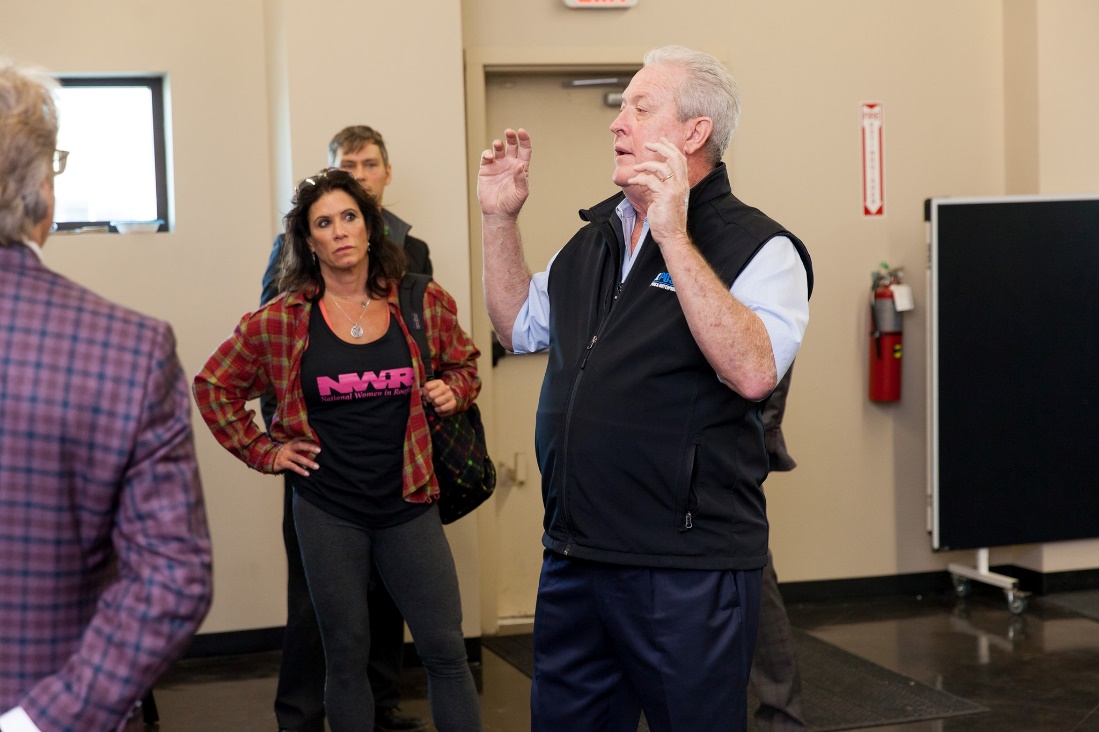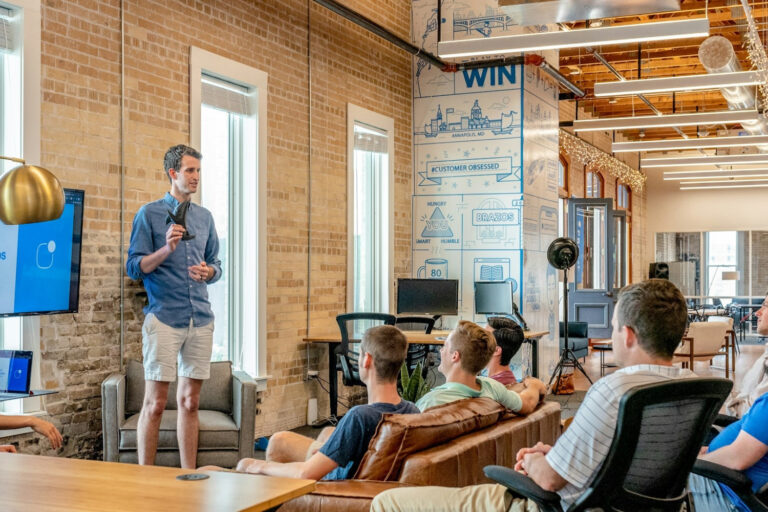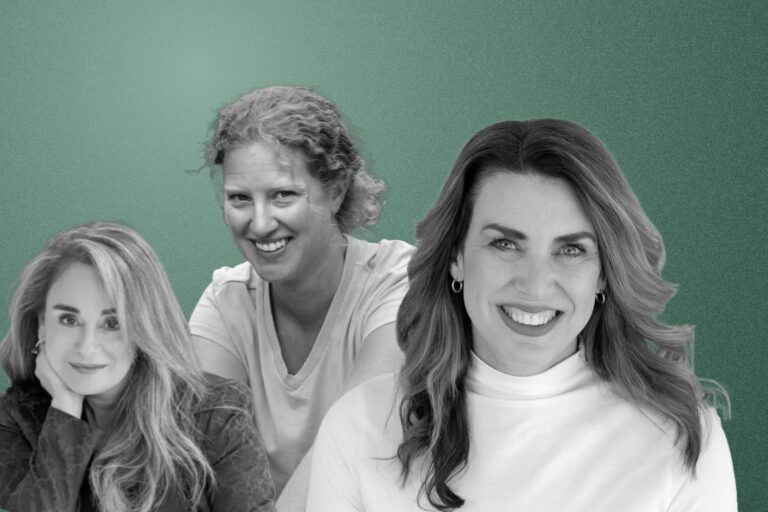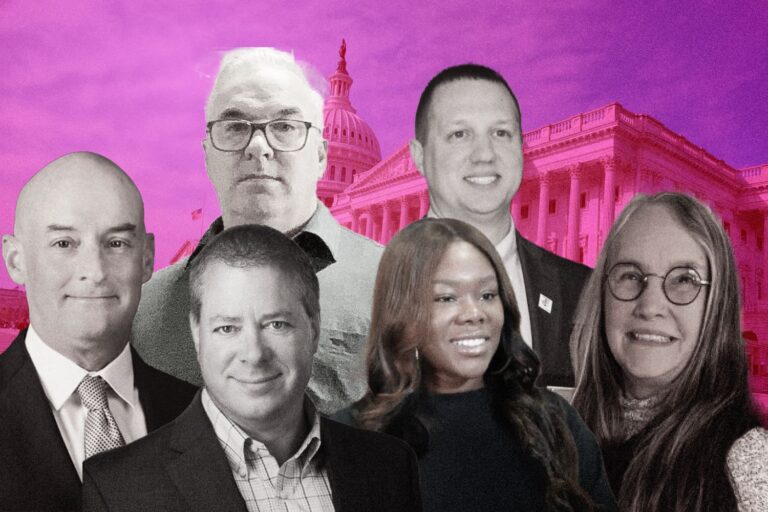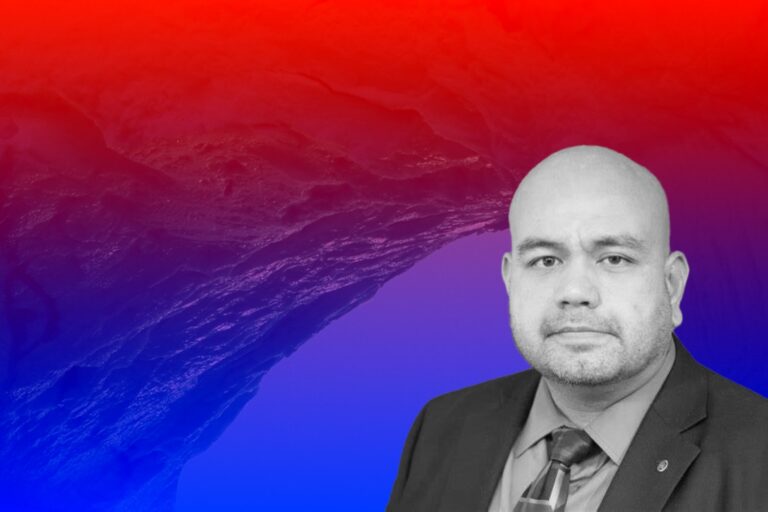KPost: The Art of Forced Growth and How to Translate Mistakes into Triumphs
With more than 20 years of experience in the industry, Keith Post, in 2003 founded his own commercial roofing firm KPost based in Dallas, Texas. Afterward, the founder quickly added Steve Little and Jayne Williams, who each also have their own history in the field, to form a dream team as the solid foundation for today’s leading status.
Running with three primary lines of business including roof construction, roof maintenance, and waterproofing, according to the data site Zoom Info, the firm now generates around $254M annually with an employee base of 400 people.
What is worth sharing about this journey is how did this small team won for themselves the biggest project in Arlington – the Dallas Cowboys’s Stadium. What opportunity has opened for them since then and many lessons the KPost team had learned on scaling a construction company?
Memoir of the Dream-Team Chasing Large Projects
This is how the three fit into their positions at the firm. Post as the firm’s founder and CEO works in lots of different areas but most importantly is the educational side of the business while Steve Little – KPost’s President handles the business or sales side of the operation, who also interfaces with the industry through the National Roofing Contractors Association and shares some of the duties with Jayne Williams – the firm’s Chief Safety and Financial Officer.
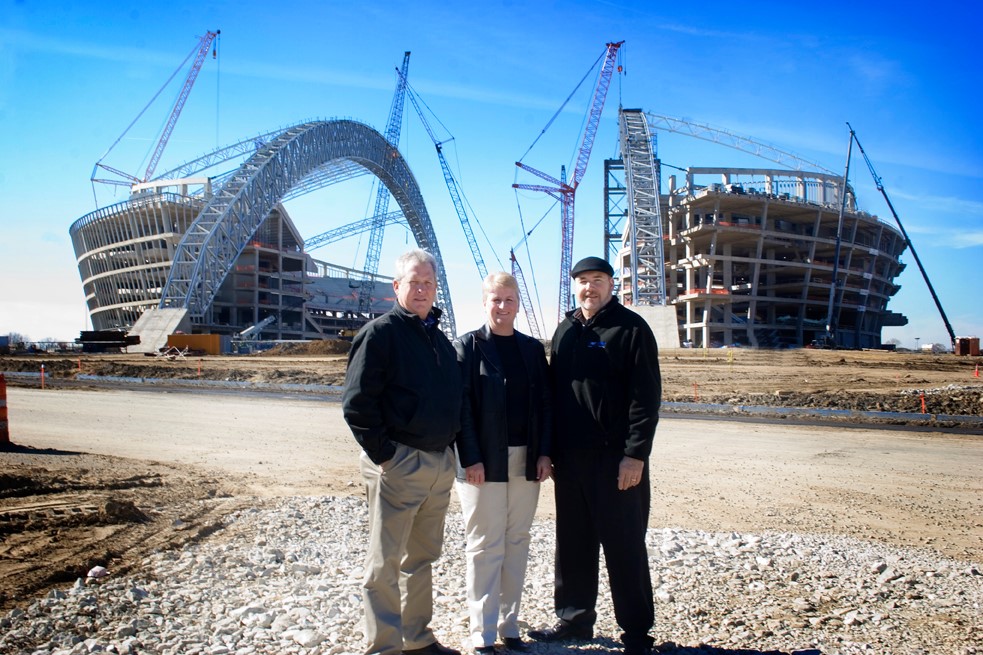
In an interview with the Mobile Workforce, these old-oak leaders bring in the behind-the-scenes of chasing large projects and the story of ‘forcing to be bigger than who we are.’
As the firm gains popularity through its relationship with the Dallas Cowboys, did it purposely chase such a connection, or was it just a normal win? “Well, I don’t think we pursued being a partner with the Cowboys at first,” Post recalls his team was starting out doing little things like helping with the specs and coating the Cowboy’s building in Irving through the general contractor Manhattan Construction.
Till the stadium was out for bidding, the firm was still in its early days of business. “We were still in our infancy, probably five, six years old, on a project we probably had no business in doing in most people’s eyes. But we had a very, very strong team, a very tender team, and that led to us going further and we eventually became a partner with them.”
So, with the estimator, project manager, Post, and Little – the team took the Cowboys and the contractor through two hours from mobilization to demobilization along with a quarter-million dollars high.
“They want us to go back and really see what we could do to tighten that up on a $4.5M project. And we got in the car, and we were all feeling kind of good about it, but at the same time, we were like ‘it’s not going to happen.’ Yet the phone rang, and they wanted to get us committed.”
In hindsight, there were a lot of efforts that contributed to this success, yet the critical element was about how the team handles safety and being very creative in such a process. There are about 35,000 cars that go past the stadium every day so the last thing they want is to have tools or employees to roll off the roof. “I think us being creative in our designs and safety, or how we were being strict on firing people for safety violations – that said a lot for us about how we got up on this project,” said Williams.
Along with that, Post also has onboarded Tom Williams – Jayne’s spouse who has 28 years of experience as a lieutenant commander in the Navy that helped rebuild nuclear power plants inside submarines and aircraft carriers. “We needed somebody that had that capability, somebody that could understand the significance of an operational achievement like that, to be in the view of the public,” Little explains.
Forcing Yourselves to Be Bigger than Who You Are
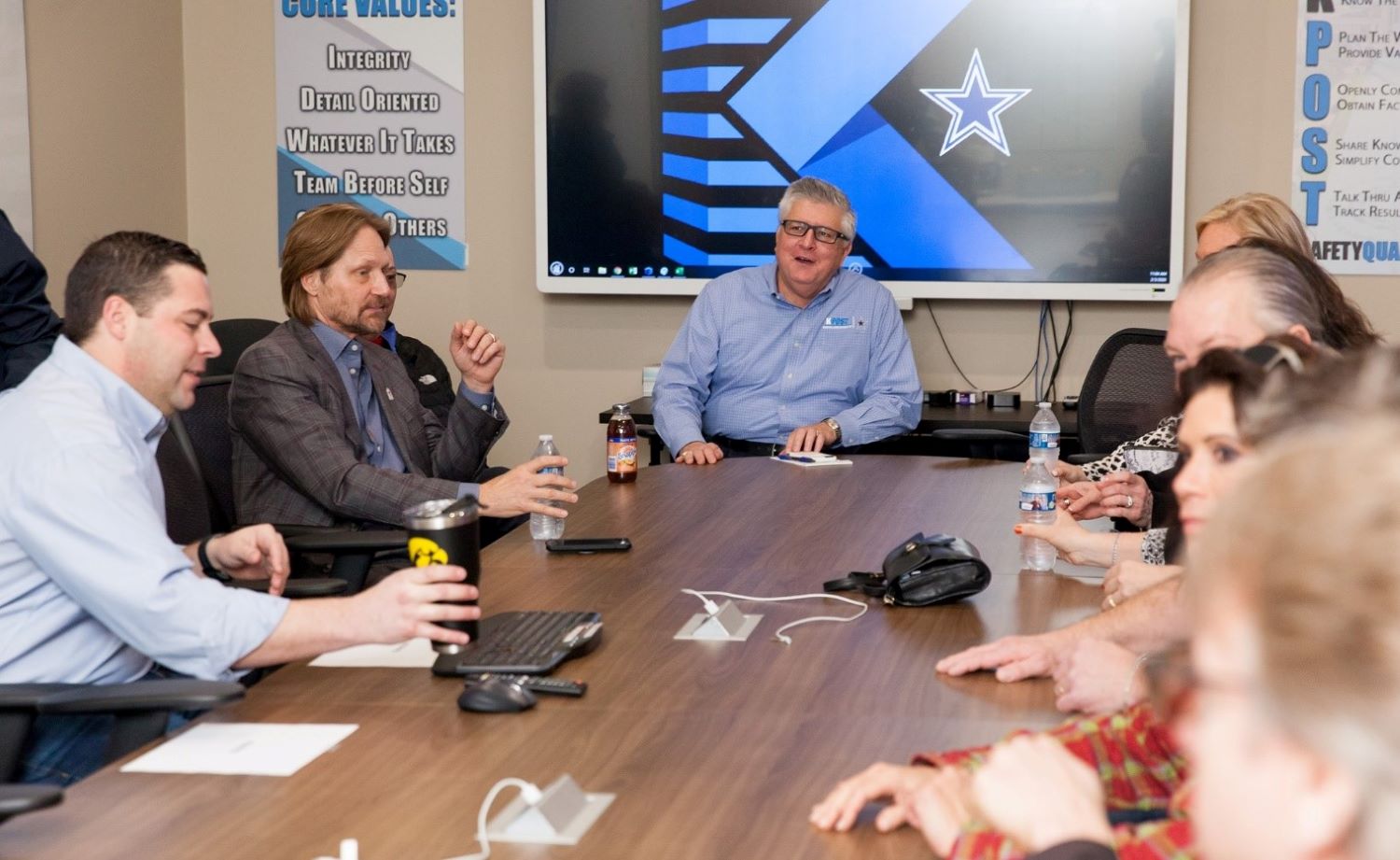
The key theme of this marvelous victory is how KPost had bought bigger shoes than its size and worked like crazy to grow into them – in other words, they are forcing themselves to be bigger than who they are. Yet is it the ultimate strategy for everyone, and how to apply this theory properly?
“Don’t forget to tie it around your leg and your ankle at the same time when you go tie it in.” Post explains “you want to make sure it will fit. That we like that style. We want to make sure it’s our style.” Forcing yourself to grow comes from the little things like staying within your lanes, checking all the boxes, when you are dealing with a project make sure your sales team is working with the right people. If you can take the price out of the equation, do it. On top of all, always remember you are selling the value of your company and the strength of your team, so it is best to continue to cultivate and develop on those assets.
“We’ve staged ourselves that we’re going to have fewer competitors on the larger projects, and we have to have the capacity to do it. And part of that capacity comes with the safety record, the financial wherewithal to be able to fund the project, and having the history of ‘when something goes wrong that is what we have done to fix it’ – the real experience on fixing failures.” Those are the requirements needed when teams aspired to put on ‘bigger shoes’, Little addresses.
Three Stories to Reflect Business Maturity
Continuing the conversation, the management breaks down their secret sauce on daily operation – how many levels of the firm collaborate every day to take the firm to the next stage, the true meaning of succession, and that one time of overcoming a misstep.
Why Is Mid-Level Management Key for Sustainability?
“Well, I think it’s important to recognize that we have a group of seven mid-level managers in our company that deal with the day-to-day operation. And it frees us up to actually be a little bit more visionary.” Little explains in being more visionary the leadership would be able to mentor managers – provide them with more useful tools to deal with the little things that they don’t have the tenure or business maturity to deal with yet. Subsequently, leadership also needs transition to empower managers so that the company would have the sustainability it needs to go forward.
“And I think that is a stage we are in right now. We have built a good brand with a good reputation. How do we now take it to that next stage?” Little meditates on the next step the leadership should take, what could they do in the next five years that allow those leaders to grow and be empowered to take the firm to an even better place? What to invest in for this next stage?
It is important to note that succession is not about passing on ownership but rather leadership.
The fact that the three of them transitioning out of the business, Little says, will happen on a natural basis. “We have always said take care of the people, take care of the clients and everything else will work out,” he adds, but now the attention and energy are shifted towards each of the managers that report to them – it is how leaders grow managers that matters most at this point.
How to Turn Missteps into Great Triumphs?
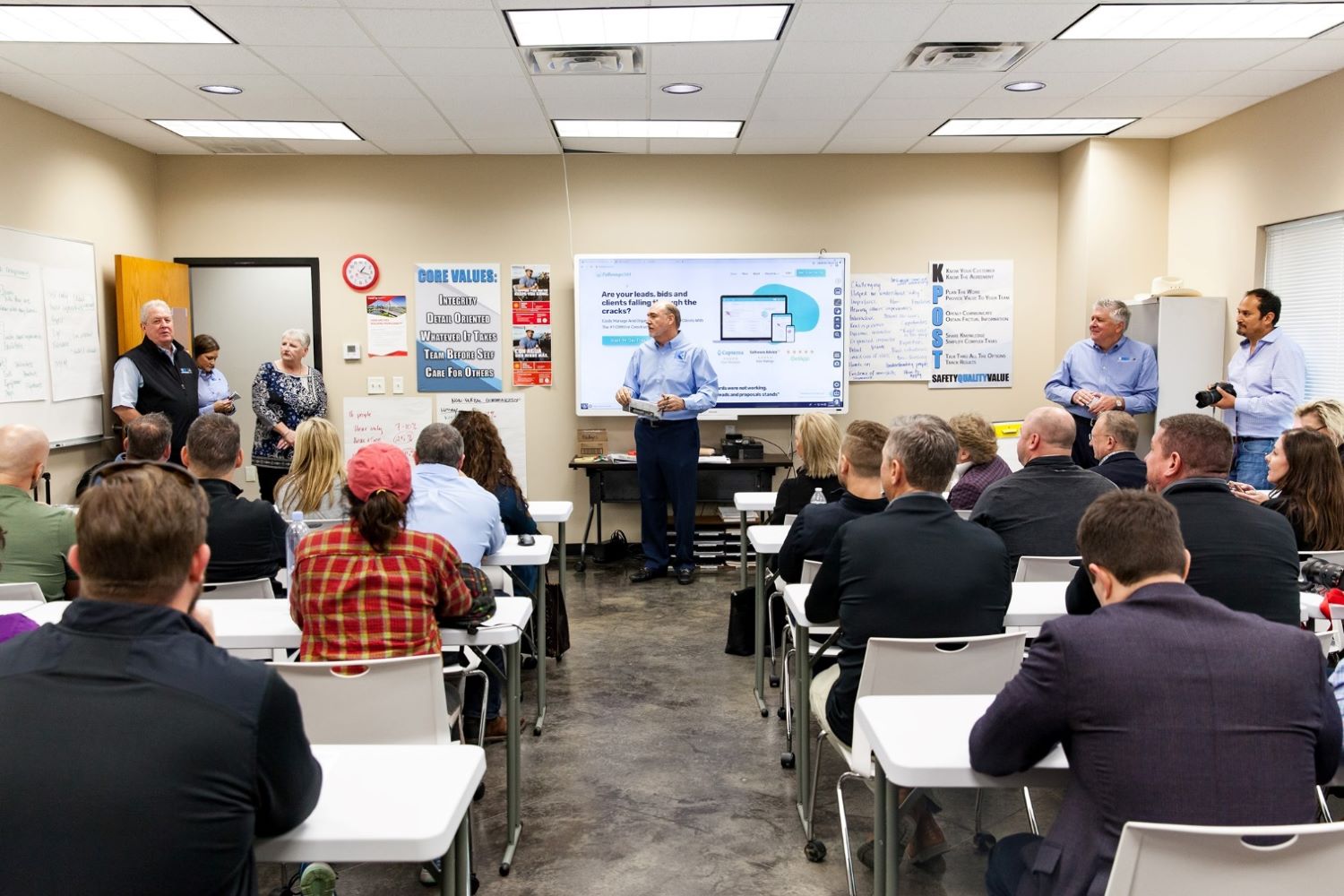
It was 2005, the founder recalls, that they did their very first sheet metal job for a high-profile standing seam high rise and probably one of the most financially hurtful mistakes they had made – even though it was beautifully fixed.
“I ordered the wrong product; it was stone gray instead of ash gray. We shipped all the panels, fabricated them, did half of the job which is a 40,000 square-foot one. There happened to be a sister building next door and the owner says it has got to come off.”
Whereas they could have sat and tried all kinds of negotiating ploys, yet the chief decided to take that hit and remove all the existing panels. “We bit the bullet. We took the panels off, bought new ones and we still have a relationship with that customer.”
“I had a client tell us one time the difference between KPost and other contractors is that we don’t try to fool them through a mistake.” By admitting that they were wrong and doubling down on executing the solution, the team was able to change the dynamics of that project – “It puts our client in a comfort zone and tells them that they have a partner, not a vendor. It is the residual that businesses are built on.”
It was integrity – the ability to stand behind what is right and wrong that solidifies the firm’s position and reputation. More importantly, it has enabled KPost to turn mistakes into winning elements that reflect and define the firm’s values as well as principles.
The Satisfaction of Failing Forward
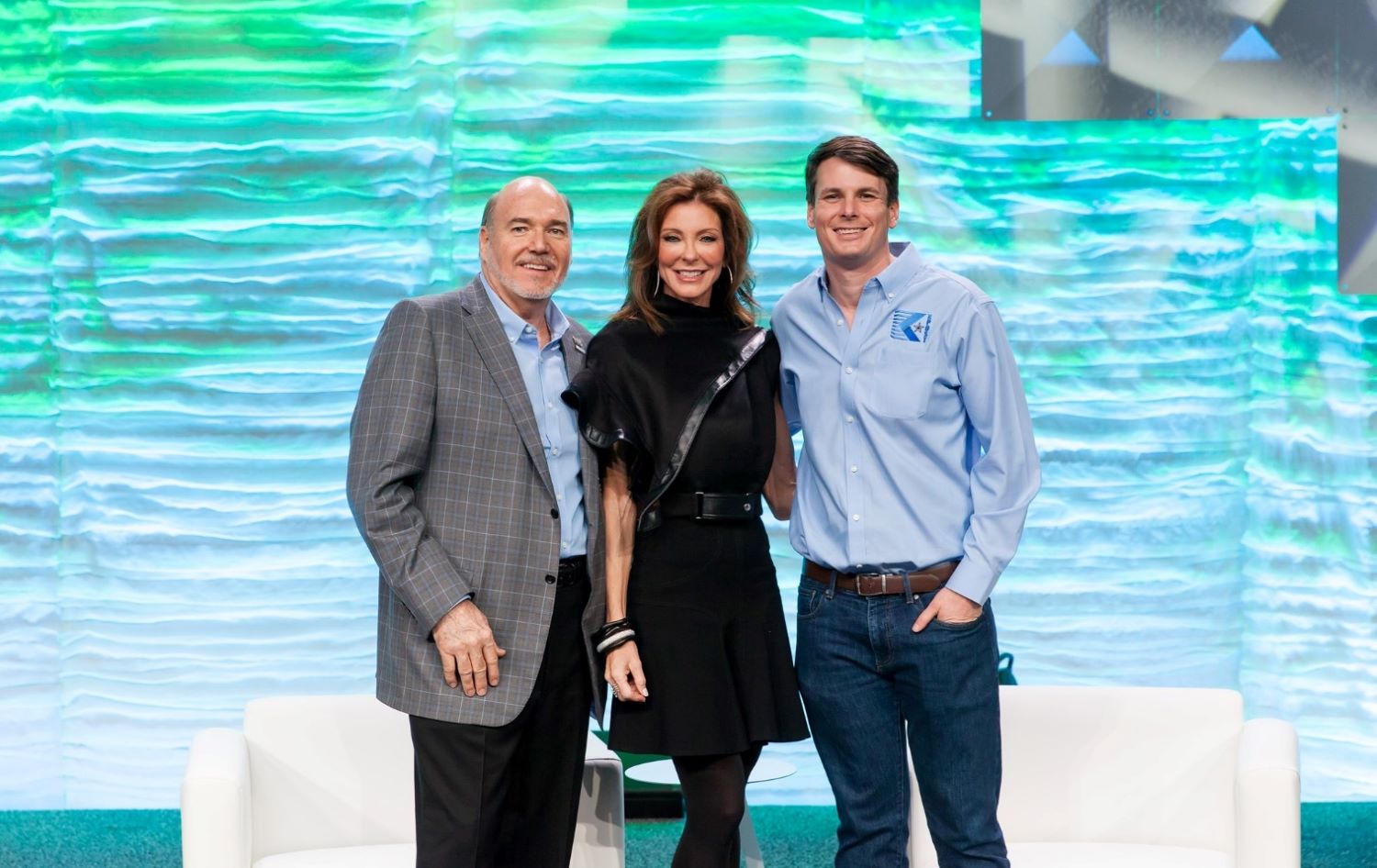
Another theme that we see in most business stories is how failing is the only way forward and it’s no exception when it comes to Post and his venture. In a conversation with National Women in Roofing, as the firm’s founder Post brings in his story from day one – entering the industry and being a first-time entrepreneur.
“Was too comfortable in the hospitality business – being a bell captain at the Anatole Hotel and was terminated for cursing at a security guard. I had a degree and no idea what I wanted next. Was good at math and answered an ad in Dallas Morning News for an estimator, then went to the interview not knowing what the industry was like but was impressed by the modern office and through the interview found out they were a satellite office for a New England company. Stayed 6+ years and when I left, I was running the Dallas office.”
After the departure, Post continues his new game on launching a business – again with no guidance or experience just simply entering new fields and taking on challenges.
“We had no books. No roadmaps. We created everything from scratch. So that’s the satisfaction that you get. When you had to learn everything that you had to learn to run a business,” said Post who takes pride in having no business background and running the business by just asking lots of questions.
The founder looks back on his journey of constant learning, all of which were through failing and making mistakes. “We squandered away lots of dollars, and it’s coming back to us now” – the team knows eventually revenue would come back as long as they work on where they had fallen short. That is where real satisfaction comes from, like you have won battles to get there.
The Bottom Lines
Through KPost’s journey we learned many rules on scaling – how to force growth so it doesn’t risk your business, what investments leadership should make to keep business sustainable? And especially Keith Post – the firm’s founder’s viewpoint upon raising a company by failing forward. Every company with its own values and principles takes on different trajectories to earn its unique lessons – and that has made the beauty of sharing stories.

